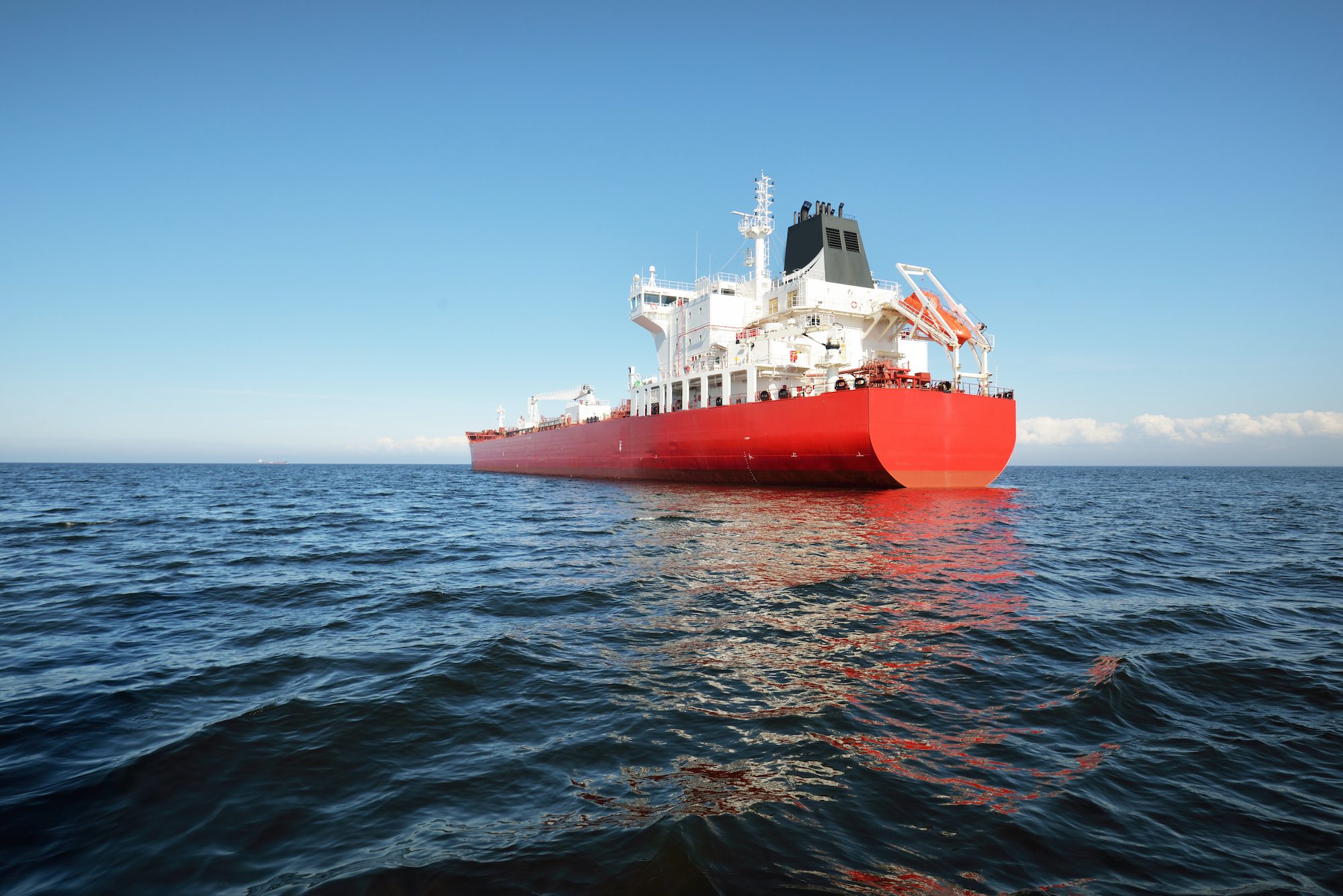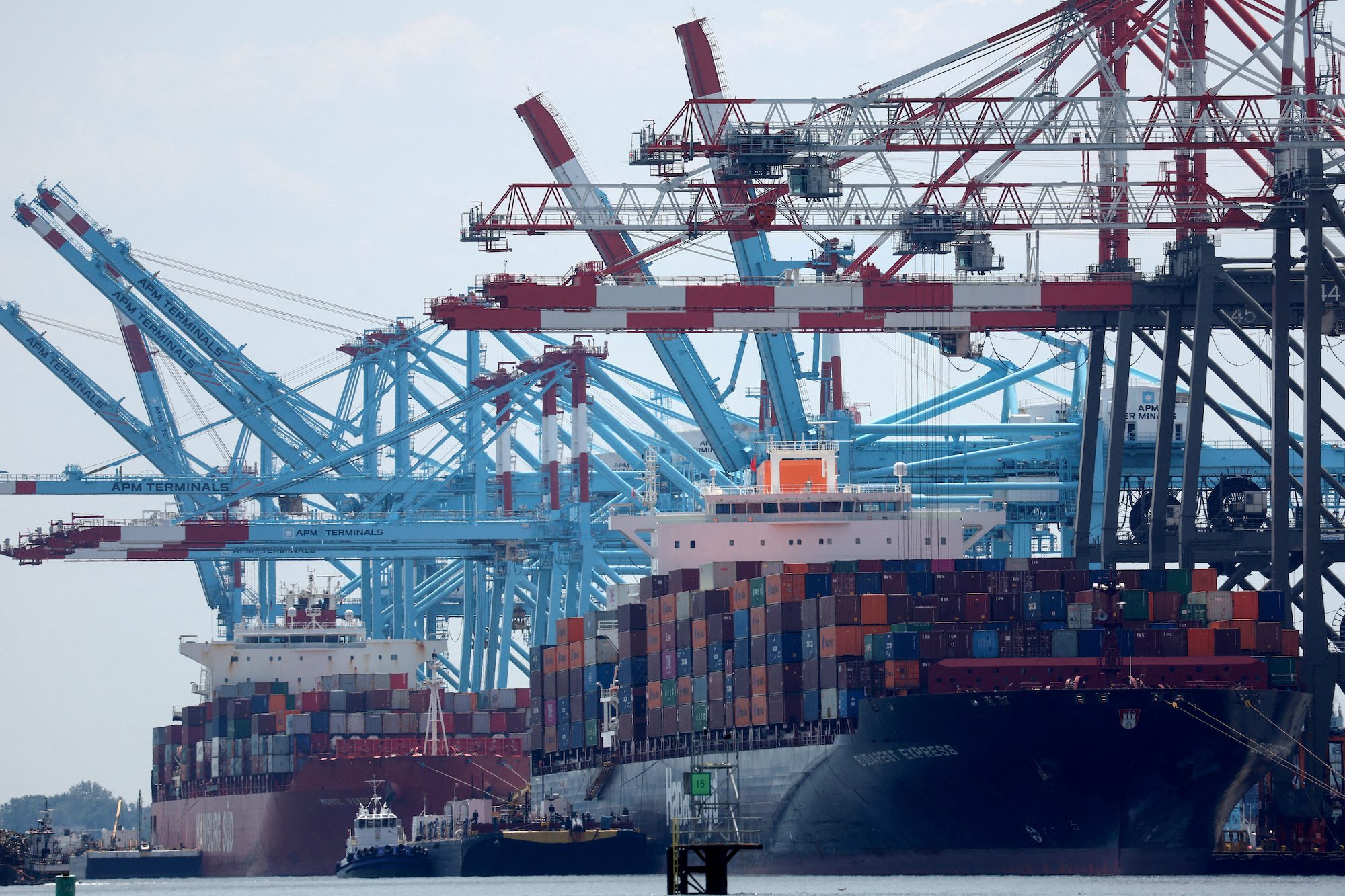By Frank Coles –
Over the last twenty years we have seen continuous discussions about the need for open sharing of data. Recently this has become more pronounced. Also there has been some articles relating to weather reports and emissions that have seemed to have created a stir.
Often I think the technology vendors along with the maritime media create a mesh mash of confusion for the owners and customers in general. There are so many companies, both startup and established, that only do part of a solution, yet claim to have the answer for routing, data manipulation, or weather optimization. The truth is we remain a fragmented sub optimized technological industry.
There are several reasons for this. One is that the customer base is actually niche in terms of number of ships and owners. In comparison to cars or people as a user base, the number ships is a minuscule number. If you then have multiple companies trying to create solutions, most of which are only part of the solution required, you have an unattractive market for anyone looking to invest. Maybe more importantly you also have a sub optimal solution for owners and ships and a poor reflection of what is actually possible and needed.
Weather data has long been shared with multiple weather companies, whether it is a mariner staring out to sea or weather ships in the days of old. Now, satellites and buoys gather data in huge amounts. Weather data and weather routing is, by today’s technological standards, old hat. There are multiple companies and sources of data available and the algorithms well established. But weather is only part of a solution for fuel saving weather routing.
Safe navigation and voyage optimization products are also quite well established, though it is harder find experts and align the validity of the data with the suggested routes. Manual data entry versus automation is one of the main issues in this regard. An industry that still largely relies on manual data entered into its complex algorithms will get garbage in, and hence garbage out. You may have excellent weather data, but poor data entry on ships characteristics etc., whether by noon report or otherwise. Automation of this data is possible but fragmented and not widespread. If you dig under the wild promises of most vendors you’ll find all is not quite as they suggest in terms of an efficient technological solution.
Then there is engines data and emissions data. We have long had the issue in the gathering of engine data, and yes emissions data is one of these. Why, because the large engine manufacturers and other vendors all use their own protocols and they use their own closed loops. Sharing data is a no go in shipping, a bit like seafarers rights.
Yes, there are companies seeking to get at this data from the engines. They want the data that will provide the evidence of emissions, sustainability efficiency etc. Many are now appearing that have in one form or another the tried to provide a solution to the problem of access to the data. The multiple protocols and closed shop from the large engine vendors make it extremely difficult to create the optimal solution.
The other problem is, of course, owners who don’t want to share. Don’t want to share with charterers, or regulators etc. These two elements of closed loops make it very hard to provide the efficiency solution, and, also to provide the transparency required for the upcoming ESG requirements. I don’t mean the current greenwashing that is carried out by so called environment organizations that verify ship owners as green or ESG compliant, but true transparent ESG compliance. Not the current check box green washing to satisfy Fidelity or the others.
The first problem is that the current solutions to access the data of the multiple systems are cumbersome and expensive and involve multiple day installs. This is something that I think is going to change with some of the newer technology and systems that some of the companies. I know of at least one company where it will be possible to bypass the big engine vendors systems, and at a cost that is not prohibitive. Think $3000 for an install and in one day. This will give the access to the emissions data, the sustainability readings and bypass any of the blocks the large vendors put in place. This core module will solve the access issue and be available to all to install and enhance their products that do the analytics, algorithms etc..
As to the second problem of owners resisting data sharing, here I believe the industry is going to be disrupted. ESG requirements, the EU taxonomy requirements, the demands of charterers and shippers are fast going to make it imperative that ships are fitted with tools for “true, trusted, and independent” data on the compliance with emissions and green behaviors.
Regulations and cargo owners (charterers, shippers, etc) are going to drive this change to the point the ships will not be hired without the data being supplied the equipment fitted to provide the data, in a “true trusted and independent” manner. Solving the accuracy of the data and the driver to making the data valuable is about to collide and split the atom. It will no longer be enough to reply on manual data entries. It will not be enough to provide your own data. The data will have to be verified, trusted and auditable. Not only that, it will have to be shared across the board to charterers and shippers, because their clients are demanding a supply chain that is ESG compliant and a supply chain that is not green washing like so many owners do today.

 Join The Club
Join The Club











